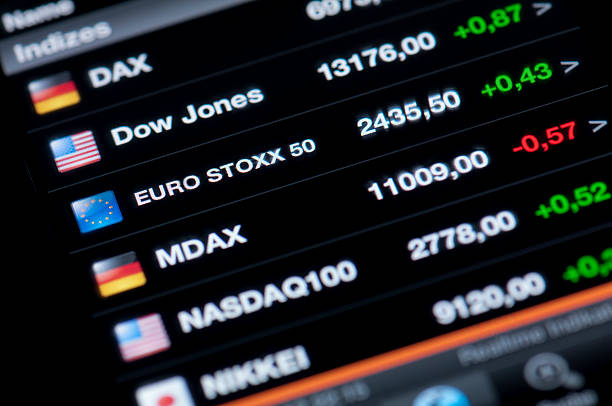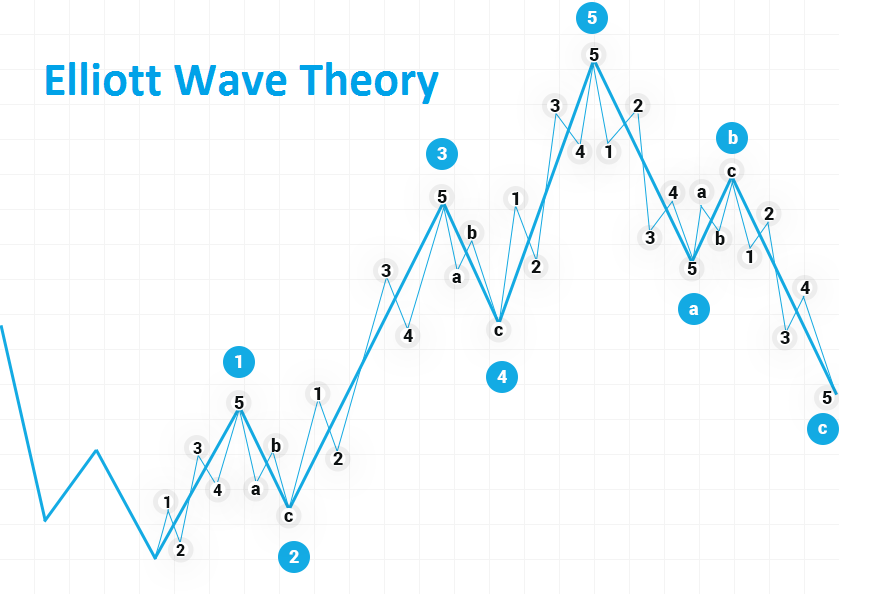Major Markets of Forex
The currency market The currency market is also known as the Forex or FX market. Currently, it works with telecommunications technology and remains active 24 hours a day, allowing OTC transactions in individual currencies between two participants, each individual currency being its own markets, such as the USD market or the GBP market. The forex market also experiences a high volume of interbank transactions, which often determine the value of currencies. Currency markets emerged due to the need for traders to conduct international business. Currency markets remain the oldest financial markets and have a voice in global financial liquidity. Which countries have the largest foreign exchange markets? As with many established markets, some of the top entrants control significantly more volume than the rest of the list combined. In the forex market, this largely belongs to the Group of 10, also known as G10 coins. These coins are listed according to market share: Un...



Comments
Post a Comment